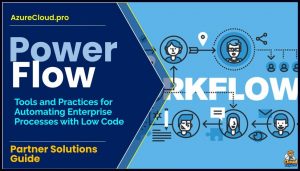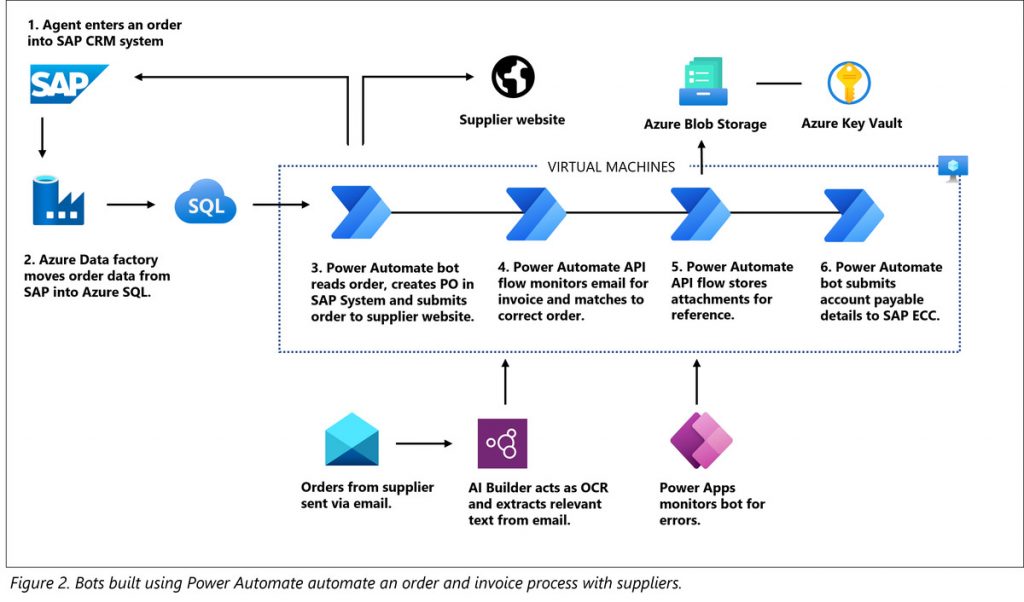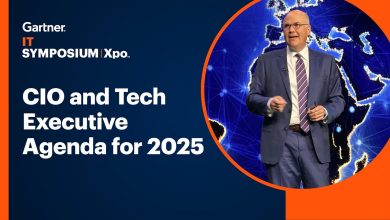RPA with Microsoft Power Apps – Coca Cola case study
Coca Cola efficiently automated the workflow processes of a new startup business unit with Microsoft Power Automate.
 Packaging together all the millions of little step combinations that make up modern office work is the purpose of RPA – Robotic Process Automation:
Packaging together all the millions of little step combinations that make up modern office work is the purpose of RPA – Robotic Process Automation:
Employing automated bots to act as virtual office horsepower that takes on all the drudgery, all the repetitive admin tasks.
Case studies include Coca Cola, who were launching a new strategic product line, ‘Coca Cola United’, a new company offshoot formed to distribute their new ‘Freestyle’ vending machine.
The machines depend on cartridges that are delivered to countertop vending machines, and they found their current back-office methods couldn’t scale to demand, so they turned to Microsoft Power Automate.
Supporting Agility
As a new business unit it faced the challenge of both developing their own required line of business systems, while also integrating with the legacy applications of the main corporation.
Like most new startup units they initially co-ordinated their work load via Excel spreadsheets, which morphed into a complex 11-step process that required a dedicated customer relationship management (CRM) agent to take the order and manually push it through the system, scanning the invoice and walking it to the Accounts Payable department.
Manual quality checks were conducted, like matching customer and order numbers with internal numbers in their SAP instance, followed by manual procedures such as creating orders in the online systems of suppliers. Purchase orders (POs) for the cartridges and invoices were exchanged by email.
Asa
RPA bots are ideal for this type of repeated manual ‘office work’ – Anything a human can replicate so a virtual agent process can be created to emulate those actions.
Coca Cola United used Power Automate to synchronize data between the company’s SAP CRM system and Azure SQL using Azure Data Factory, adding a master automated service agent they dubbed “Asa.”
With RPA unattended mode, everything is fully automated. After deploying the unattended mode in Azure Virtual Machines, Coca-Cola United can now schedule and trigger events that increase end-to-end automation of high-volume tasks.
The new, simplified process frees the dedicated CRM agent, allowing orders from all channels, such as inbound and outbound call center agents, field service sales representatives at customer sites, and via a customer self-service portal.

Developed on Microsoft Azure and Microsoft Power Platform, Asa consists of several bots and uses Azure Key Vault to help secure and control passwords and other sensitive data.
The case study provides a detailed summary of the RPA process model applied:
Now, when a CRM agent enters an order into the CRM system, Asa takes it from there and signs in to the company’s SAP system without human intervention. Asa easily accesses orders, which are now tracked in a Microsoft Azure SQL database rather than in an Excel spreadsheet.
Asa reads the database and creates a PO in the company’s SAP system. Asa then submits the order to the supplier’s web application, validates successful entry, monitors the email system for invoice and delivery emails, matches them to the correct order, and then stores the attachments in Azure Blob Storage for future reference.
After that, Asa uses form processing in AI Builder to extract information from those email attachments that’s necessary to close the process in the Accounts Payable system, and finally, it releases the invoice and PO from SAP.



